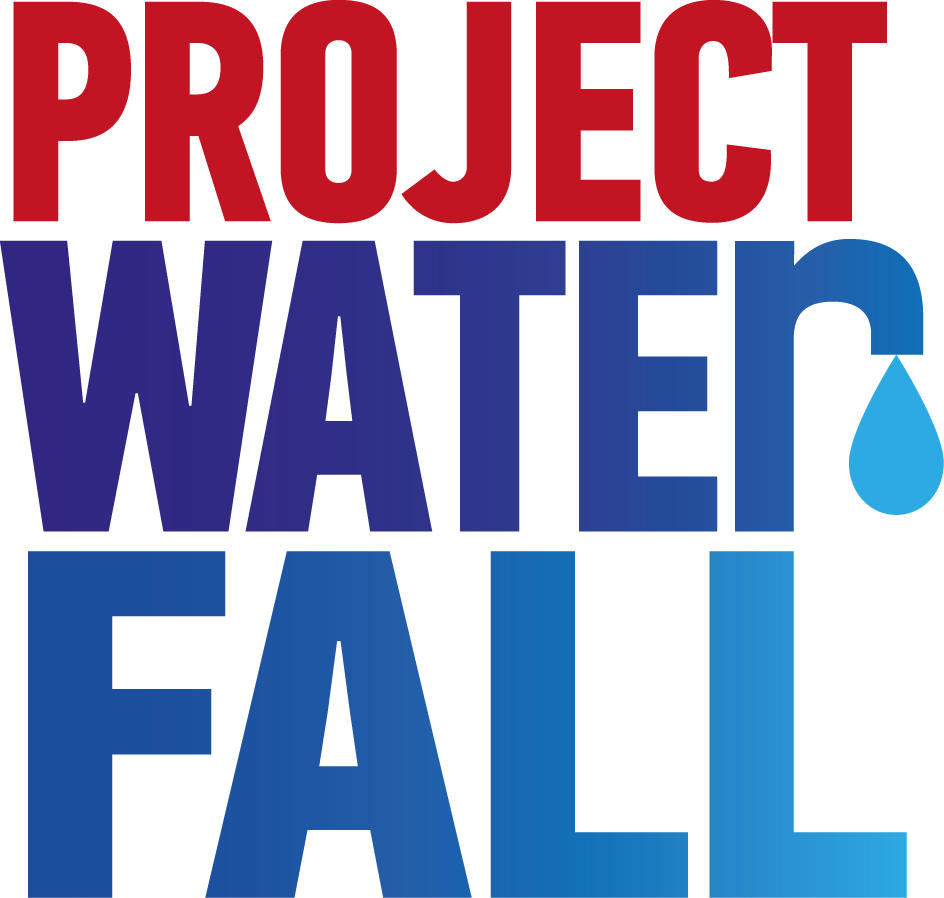“If I had access to water near where I live, I would work on our farmland, and we would be more productive. I would support my family more, and we would live a better life.”
Once completed, our latest project in Berbere, Ethiopia will provide clean water & sanitation to 40,000 people. Mother of seven Safiya lives in Haro Nano village in Berbere - her and her family’s lives will be transformed by this project.
40 -year-old Safiya
WaterAid/Frehiwot Gebrewold
Currently Safiya’s nearest source of water is an hour walk from her home. After completing the two hour round trip, the water she brings home isn’t even clean and safe to drink:
“This is the closest water source for our village. As you can see, the water is not clean. People use it to wash themselves and their clothes. Besides, some people also throw different waste in this water, including dead animals.
I come here every day to collect water. Sometimes, I may come twice. Since most children spend their time in collecting water, you won’t see students at the school.”
Safiya’s daughter 14-year-old Tuba at the water source
WaterAid/Frehiwot Gebrewold
Children, particularly girls, missing school to collect water is sadly the norm in communities that face a water crisis. Girls and boys often begin collecting water as children and girls continue to collect and carry water throughout their lives.
Access to clean water and sanitation means that girls don’t have to miss out on an education, helping to eradicate stereotypes and encourage gender equality.
Safiya told us how her life would change of her and her family had access to clean water:
"For us, collecting water is the most difficult task. The place is far. But even after traveling this long, we won’t get clean water. The water is full of dirt and waste. As I told you, this is the only close by water source we have. This makes accessing clean water very challenging for us.
If I had access to water near where I live, I would work on our farmland, and we would be more productive. I would support my family more, and we would live a better life. But honestly speaking, I can’t picture having access to clean water near our houses. We have been complaining about it for a long time and now we have lost our hope. We will see if this will happen though, and that would be a dream come true.”
One of the main goals of our Berbere project is to educate and empower community members, especially women, to better understand their rights to climate resilient, equitable WASH services. This project, when completed, will not only give Safiya her dream of accessible clean water - it will give her, her daughters and the other women in her community the opportunity to take up management, leadership and entrepreneurial roles within the WASH sector.
Getting women and girls involved is key to the implementation of tangible, permanent solutions to the water crisis.



